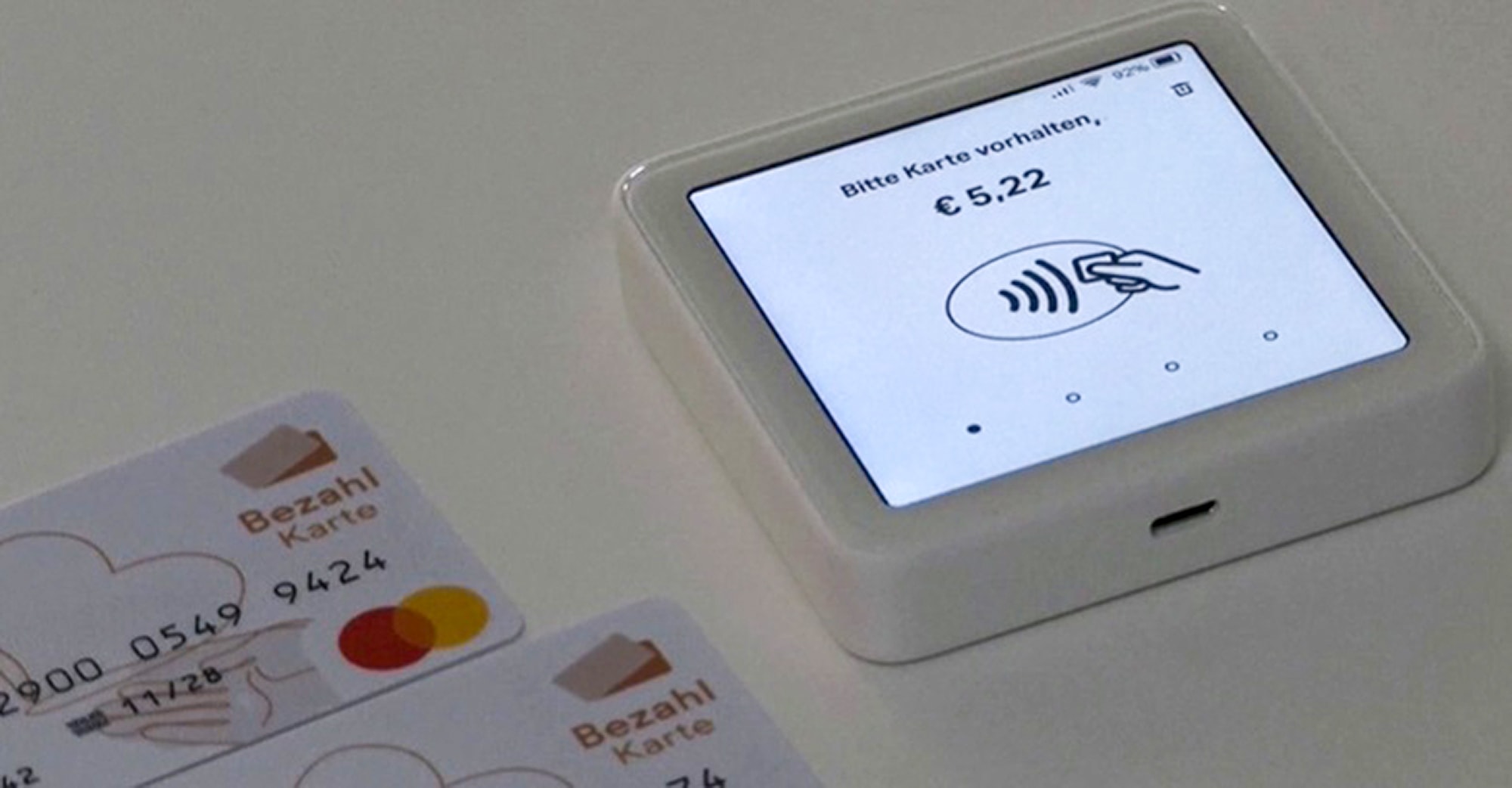More and more refugees are turning their backs on Germany or looking for full-time jobs since they started receiving a cashless payment card that stops them from sending money back home.
In contrast, in areas where cards have been introduced without the same restrictions, the number of voluntary departures has either stagnated or decreased.
In Bavaria, where the card was fully introduced in spring 2024, the number of voluntary returns in the second half of the year jumped 30 percent – from 5,984 between July and December 2023 to 7,778 in the same period in 2024.
In Thuringia’s Saale-Orla district, which introduced the cards in February 2024, departures nearly tripled.
In the same period, the number of asylum seekers seeking full-time work rose by 30 percent.
The new payment card, which works like a debit card, limits where money can be spent, blocks online purchases and gambling, and caps cash withdrawals at 50 EUR (43 GBP) per month.
Transfers abroad are banned, making it harder to send money to families back home.
Critics say the card stigmatises refugees and restricts their freedom.
Supporters argue it helps prevent welfare fraud and the illegal transfer of funds.
Some refugees say they understand the measure.
Mohsin Zazai, 19, from Afghanistan, told German newspaper Bild: “Many just take the money, sit around all day, and send the rest home.
“Better they go get a job.”
Others point out practical issues.
Rasoul, aged 36 and also from Afghanistan, said: “We often shop in small local shops where the card isn’t accepted."
Several major cities in North Rhine-Westphalia have refused to introduce the card, arguing it offers no advantages over the current system.
Where lenient rules apply to payment cards, departure rates have stagnated or fallen.
In Hanover, where social cards were introduced with no restrictions on cash or transfers, voluntary departures fell by 36 percent.
In Hamburg, which began using payment cards in February 2024 and allows domestic transfers, the number of voluntary departures remained unchanged.
The nationwide rollout has been delayed, with the Higher Regional Court in Karlsruhe not expected to rule on a legal challenge to the tender process until October 2024.
BENEFIT BAN - Restrictions On Sending State Handouts Back To Families Is Sending Asylum Seekers Back Home
More and more refugees are turning their backs on Germany or looking for full-time jobs since they started receiving a cashless payment card

